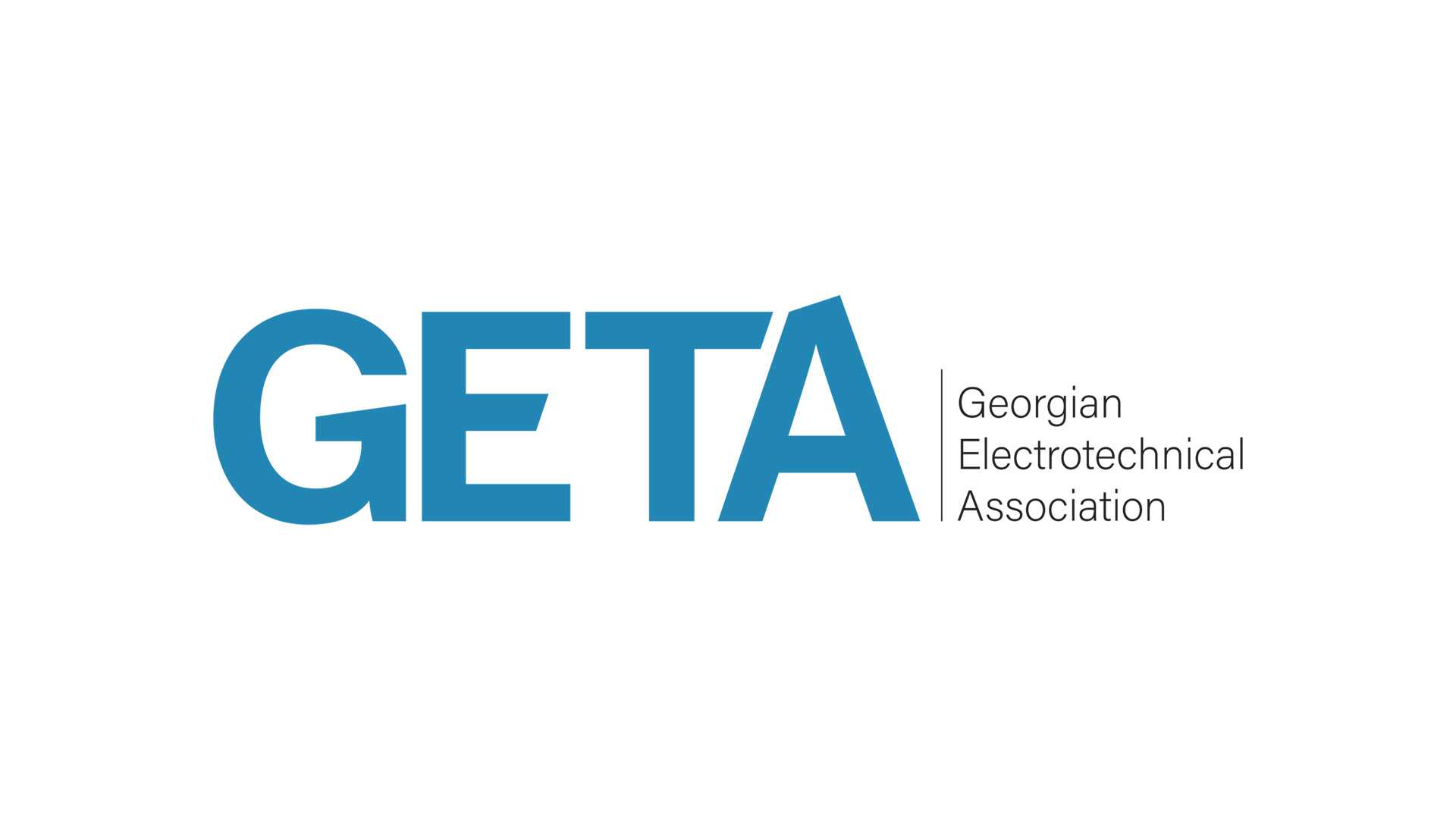The draft law titled “On Electrical Network Installation and Electrical Equipment Safety” has been initiated in the Georgian Parliament, although its active discussion is currently temporarily suspended.
According to the draft law, electrical network installations will become a regulated activity. An electronic registry of licensed companies will be established, enabling any interested party to select a licensed company for electrical installation work. Electrical installation on systems with a capacity of 10 kW or more will no longer be allowed by unlicensed or uncertified entities.
Under the working version of the draft law, installation or repair of electrical networks on facilities with a capacity of 10 kW or more must be carried out exclusively by licensed legal entities. The indicative licensing fee is set at 200,000 GEL, payable by licensed companies over two years. After this period, companies wishing to continue their operations will be required to pay the 200,000 GEL fee again.
Additionally, the safety and sustainability of existing electrical networks will be inspected by qualified personnel of the relevant agency. Reports will be issued, and any identified deficiencies must be rectified exclusively by licensed or certified entities.
The draft law proposes the creation of a state supervisory body, the State Agency for Energy Safety and Supervision (SAESS), which will issue licenses to legal entities directly engaged in electrical work during construction, rehabilitation, or repair. The primary funding source for this agency will be income from licensing fees paid by legal entities.
The agency will also be tasked with creating a registry of licensed companies and developing procedures for monitoring, reporting, and periodic inspections of their activities.
Changes will be introduced to the process of issuing construction permits and commissioning facilities, ensuring that work under the influence of these amendments will no longer be performed by unlicensed companies.
Appropriate penalties will be established for cases where unlicensed companies carry out electrical work.
A certification system will be introduced, requiring employees of licensed companies who perform electrical work to obtain safety certificates through mandatory training.
As noted in the draft law, electrical work in Georgia is currently performed by entities lacking the necessary licenses and qualifications. Additionally, there is no systematized approach to monitoring the activities and performance quality of companies performing such work.
The purpose of this draft law is to ensure maximum adherence to safety standards, prevent accidents, and reduce the risk of network failures and unplanned outages.
Georgian Electrotechnical Association’s Position
The Georgian Electrotechnical Association supports the necessary changes and regulations in the sector to ensure consumer safety, foster a healthy and competitive environment, and promote the sustainable development of the industry.
We view the readiness for regulation as a step in the right direction; however, our position is that the current version of the draft law requires further refinement to achieve the desired outcomes with maximum effectiveness. Key areas for improvement include reassessing the company licensing model to ensure it does not discourage legitimate SMEs, clarifying the certification process for employees, and refining site inspection procedures. These adjustments will help create a fair and competitive environment while maintaining safety standards.
To facilitate these changes, we propose forming a joint working group with the Ministry of Economy to address these concerns collaboratively. Additionally, a phased implementation approach and pilot testing in select regions could provide valuable insights, enabling a smoother transition for the industry and minimizing disruptions.
This proactive approach will ensure that the legislation benefits all stakeholders, supports market sustainability, and effectively achieves its intended goals.



